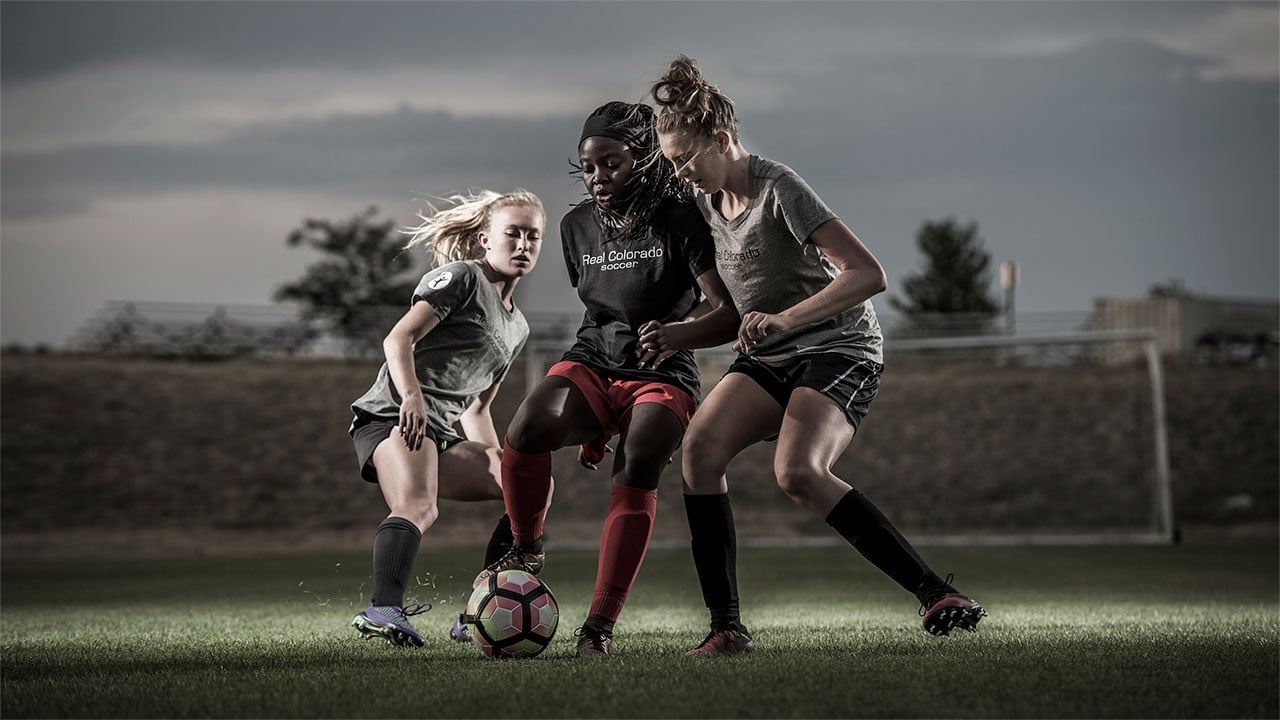- Doctors & Departments
-
Conditions & Advice
- Overview
- Conditions and Symptoms
- Symptom Checker
- Parent Resources
- The Connection Journey
- Calm A Crying Baby
- Sports Articles
- Dosage Tables
- Baby Guide
-
Your Visit
- Overview
- Prepare for Your Visit
- Your Overnight Stay
- Send a Cheer Card
- Family and Patient Resources
- Patient Cost Estimate
- Insurance and Financial Resources
- Online Bill Pay
- Medical Records
- Policies and Procedures
- We Ask Because We Care
Click to find the locations nearest youFind locations by region
See all locations -
Community
- Overview
- Addressing the Youth Mental Health Crisis
- Calendar of Events
- Child Health Advocacy
- Community Health
- Community Partners
- Corporate Relations
- Global Health
- Patient Advocacy
- Patient Stories
- Pediatric Affiliations
- Support Children’s Colorado
- Specialty Outreach Clinics
Your Support Matters
Upcoming Events
Colorado Hospitals Substance Exposed Newborn Quality Improvement Collaborative CHoSEN Conference (Hybrid)
Monday, April 29, 2024The CHoSEN Collaborative is an effort to increase consistency in...
-
Research & Innovation
- Overview
- Pediatric Clinical Trials
- Q: Pediatric Health Advances
- Discoveries and Milestones
- Training and Internships
- Academic Affiliation
- Investigator Resources
- Funding Opportunities
- Center For Innovation
- Support Our Research
- Research Areas

It starts with a Q:
For the latest cutting-edge research, innovative collaborations and remarkable discoveries in child health, read stories from across all our areas of study in Q: Advances and Answers in Pediatric Health.


We care for patients’ growing muscles, joints and bones through sports medicine, surgery, rehabilitation and research.


At the Sports Medicine Center at Children’s Hospital Colorado, we work specifically with young athletes. Our sole focus is to help your child or teen play, excel and enjoy the sports they love, including soccer.
Why are we experts at caring for kids and young athletes who play soccer?
Soccer is one of the most popular sports among athletes we see, and we take pride in helping our patients stay healthy and active on the soccer field. To best care for this unique population, we have a special team of Sports Medicine experts who specialize in treatment for kids, teens and young adult soccer players.
What is soccer's impact on the body?
Soccer is a physically demanding sport, no matter what the age or level of the athlete. Many times, athletes are asked to play several games in one weekend or even one day. Because soccer is an intense contact sport, we see many players with contact injuries (from collisions with another player, the goalpost, etc). We also see a variety of non-contact injuries, many of which can be prevented. The Sports Medicine team at Children’s Colorado is passionate about educating coaches, parents and children on ways to prevent some of these injuries.
What are common soccer injuries?
- Concussions can happen to soccer players, although findings show that most concussions aren’t from repeatedly heading the ball, but are from collisions with other players, the ground, goalposts, or when the ball strikes the head unexpectedly.
- Hip flexor tendinitis is a common soccer injury, especially during periods of rapid growth.
- Common knee injuries range from acute knee injuries, such as ligament tears (ACL/MCL) and muscle strains, to more chronic knee problems such as patellofemoral pain.
- Ankle sprains are the most common injury below the knee.
Does soccer affect a certain age group or gender more than others?
Our Sports Medicine specialists see more anterior cruciate ligament (ACL) tears in teenaged, female soccer players. However, both male and female soccer athletes go through repeated growth spurts that leave them prone to overuse injuries (repeated stress on certain parts of the body due to too much activity), which have become especially prevalent with the onset of year-around training. It is important to remember that even professional athletes have an “off-season,” and we recommend a significant period of rest for all athletes no matter what the level of competition.
Need Advice for Your Young Athlete?
Check out our sports articles, written by our Sports Medicine experts. You'll find advice and tips for parents, coaches, trainers and young athletes.

The Connection Journey: Healing the Whole Athlete
Carolyn knows the challenge of sports injury recovery. She tore her ACL last year, but is now back on the field and sharing her journey with Erin who is about to have ACL reconstructive surgery.



 720-777-0123
720-777-0123



